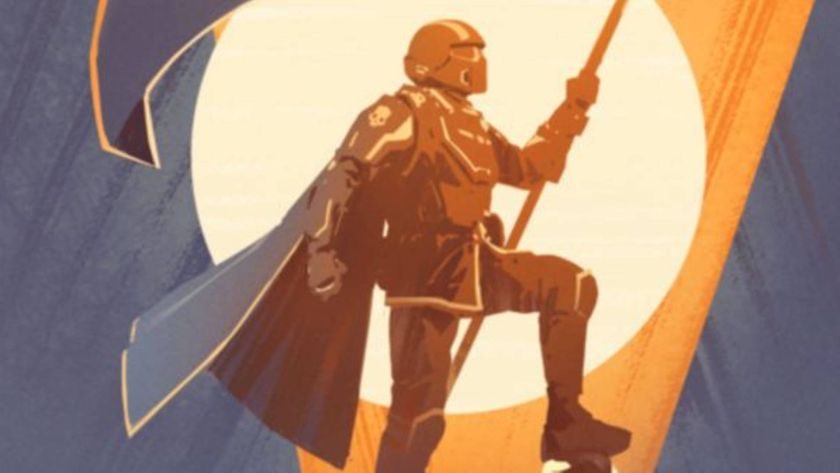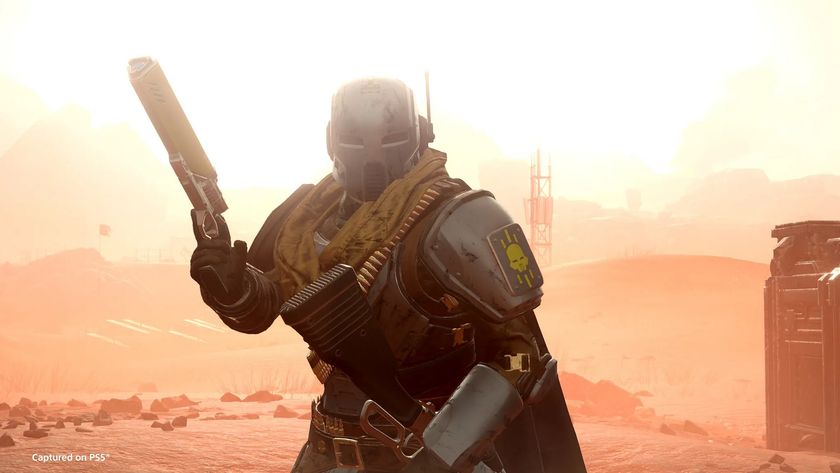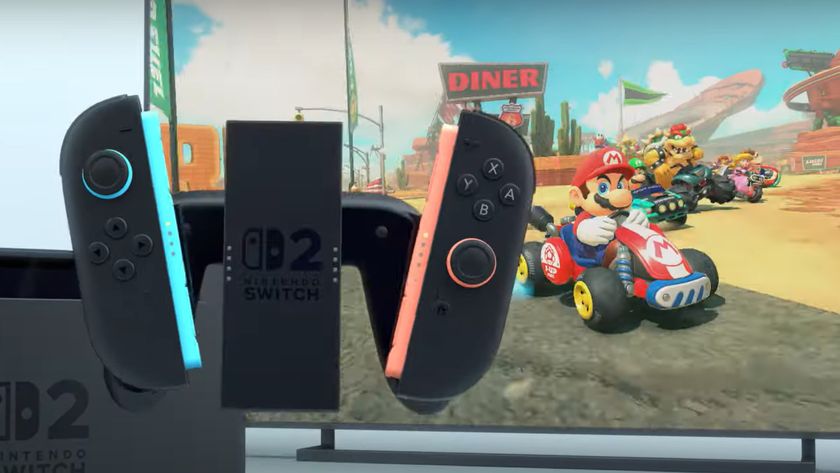Get Into Games 2015: National Film And Television School

T he National Film And Television School’s game design MA only accepted its first applicants in 2012, but has rapidly established itself as an influential course. Heading it up is Jon Weinbren, who has spent over two decades in the creative industries, including roles at EA, Sony, the BBC and London’s Science Museum.
You focus on a single course at NFTS. What’s involved?
We offer a two-year MA programme in Games Design And Development. This runs alongside a range of postgraduate MA and diploma courses across a broad spectrum of film and television specialist disciplines. At the NFTS, there is usually a maximum of eight students per MA specialism, and the Games course operates in the same way. We’ve now been through two full cycles and we have graduates from both already out there in the world and making waves. We’ve forged great relationships with the other specialisms – particularly screenwriters, producers, sound designers and composers.
With more paths open to aspiring developers than ever, why should they consider a game-related degree?
It’s true that making games and distributing them has become a much more accessible endeavour than in years gone by. There are so many good game development tools that are free or nearly free to use, and that’s exciting and empowering. However, having access to tools and knowing how to use them to make engaging experiences for increasingly diverse audiences are two different things. The best route into game development really depends on what your ambitions are. It’s possible to acquire relevant skills and techniques independently, but what you miss out on is the teamwork, the ideas, the inspiration and the access to fellow collaborators. Although we are one of only a handful of MA offerings in games, it’s my view that studying games at this level offers real value and focus. Many of our students also come to us with a few years’ experience in the working world, and they can bring that experience to the course and to the ideas they develop while on the course. So what we offer here is access to a diversity of ideas and experiences as well as a very sound creative and technical education, which we feel is a great route to becoming an innovator and a future leader in the field.
How is NFTS positioned to do that?
The unique thing about the NFTS is how students from each discipline work with each other on set modules and on final projects, and the Games course is no exception. Over the two years, students are equipped with a comprehensive grounding in game art, animation, design, production and coding, and encouraged to explore and experiment at every stage. At its heart, it is an uncompromisingly creative course, yet we make sure students have a thorough and practical technical understanding of all aspects of game development.
Sign up to the 12DOVE Newsletter
Weekly digests, tales from the communities you love, and more
Edge magazine was launched in 1993 with a mission to dig deep into the inner workings of the international videogame industry, quickly building a reputation for next-level analysis, features, interviews and reviews that holds fast nearly 30 years on.

Helldivers 2 CEO says industry layoffs have seen "very little accountability" from executives who "let go of one third of the company because you made stupid decisions"

"Games that get 19% user score do not generally recover": Helldivers 2 CEO reflects on Arrowhead's "summer of pain" and No Man's Sky-inspired redemption arc











